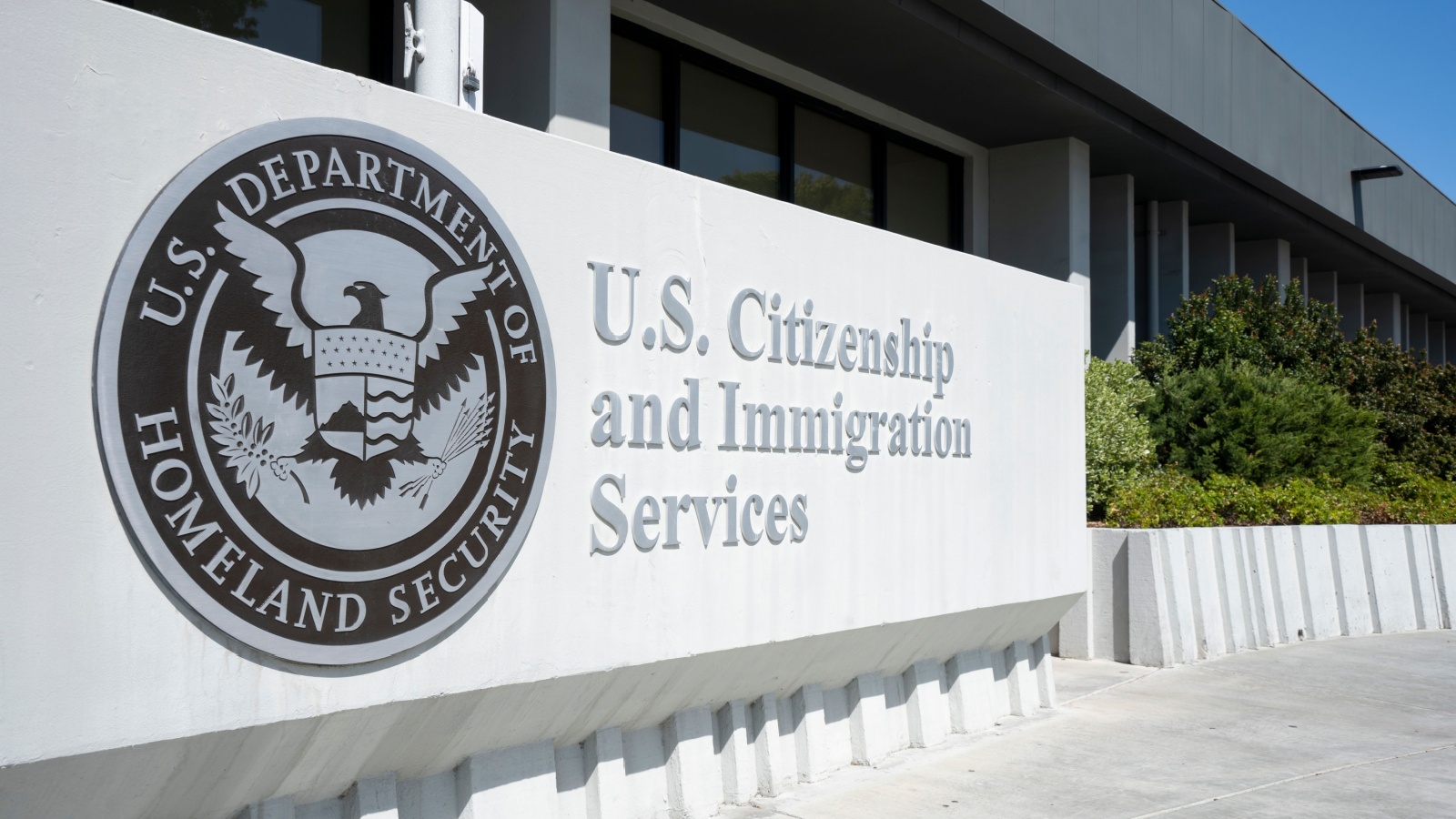A seemingly harmless probiotic treatment led to a deadly infection for an elderly man in Japan, where a rare condition cut off blood flow to his gut. Genetic testing traced the source of the infection directly to the probiotic strain prescribed to restore his gut health after antibiotics.
Probiotics: A Double-Edged Sword

Probiotics, widely touted for their gut health benefits, are living microorganisms believed to aid digestion. Yet, for an elderly man in Japan, these supposed allies turned fatal, leading to a catastrophic infection.
Unexpected Turn of Events

The man, in his 70s, was discovered collapsed at home and rushed to a hospital in Toyoake. Initial tests revealed a series of alarming health issues, including a Covid infection, lung bacteria, and severe kidney injury.
A History of Health Struggles

His medical history included colon cancer, smoking, and signs of alcoholism. During his first treatment, he suffered cardiac arrest but was revived by the medical team.
Treatment Complications

To combat suspected bacterial pneumonia, he was prescribed antibiotics, later confirmed by tests. Alongside, he received various medications to manage complications from his Covid infection.
A Growing Problem

During his hospital stay, the man developed diarrhea, possibly from antibiotics disrupting his gut microbiome. Antibiotics, while essential, often wipe out both harmful and beneficial bacteria in the gut.
A Dangerous Reaction

To restore his microbiome, he was given a month-long course of the probiotic Clostridium butyricum. However, by the 58th day, he began experiencing abdominal swelling and fatigue.
Rapid Decline

His condition worsened the next day with severe stomach pain, and a physical exam showed his abdomen was swollen and tender. Blood tests indicated organ failure, prompting an urgent CT scan.
A Hidden Danger Unveiled

The patient’s condition was further complicated by a buildup of gas in his digestive system, leading to non-occlusive mesenteric ischemia (NOMI), a serious condition where blood flow to the gut is disrupted without a blood clot. Subsequent tests detected the presence of Clostridium butyricum in his bloodstream, a condition known as bacteremia.
A Fatal Link

Genetic analysis confirmed that the bacteria in his blood matched the strain used in his probiotic treatment, leading doctors to conclude that the probiotic likely triggered the NOMI. Despite the routine use of probiotics in treating gastrointestinal issues, this case highlights the potential for rare but severe adverse effects.
A Tragic End

The patient’s health rapidly declined, resulting in multiple organ failure. Due to the severity of his condition and pre-existing health issues, surgery was not an option, and he was placed in palliative care, passing away on his 60th day in the hospital.
Calls for Caution

The case report mentioned that other instances of probiotic-induced NOMI exist in medical literature, though the connection is often unclear due to the natural presence of C. butyricum in the body. The widespread use of C. butyricum in Japan as a treatment for diarrhea has prompted calls for a review of its safety.
Probiotics Under Scrutiny

C. butyricum can be easily purchased online in the UK for as little as £20, marketed as a digestion aid. Probiotics are generally thought to benefit digestion by alleviating symptoms like cramps and bloating, and by preventing harmful bacteria from colonizing the gut.
Health Authorities Weigh In

The NHS acknowledges that probiotics may help with some digestive issues but warns that claims about their effectiveness for other conditions, such as eczema, lack scientific backing. They advise individuals with existing health problems or weakened immune systems to consult a doctor before using probiotics.
Documenting the Case

The Japanese doctors did not specify when the incident occurred but confirmed that the patient’s family consented to the case being documented. This tragic case underscores the need for careful consideration when prescribing probiotics, especially to vulnerable patients.








